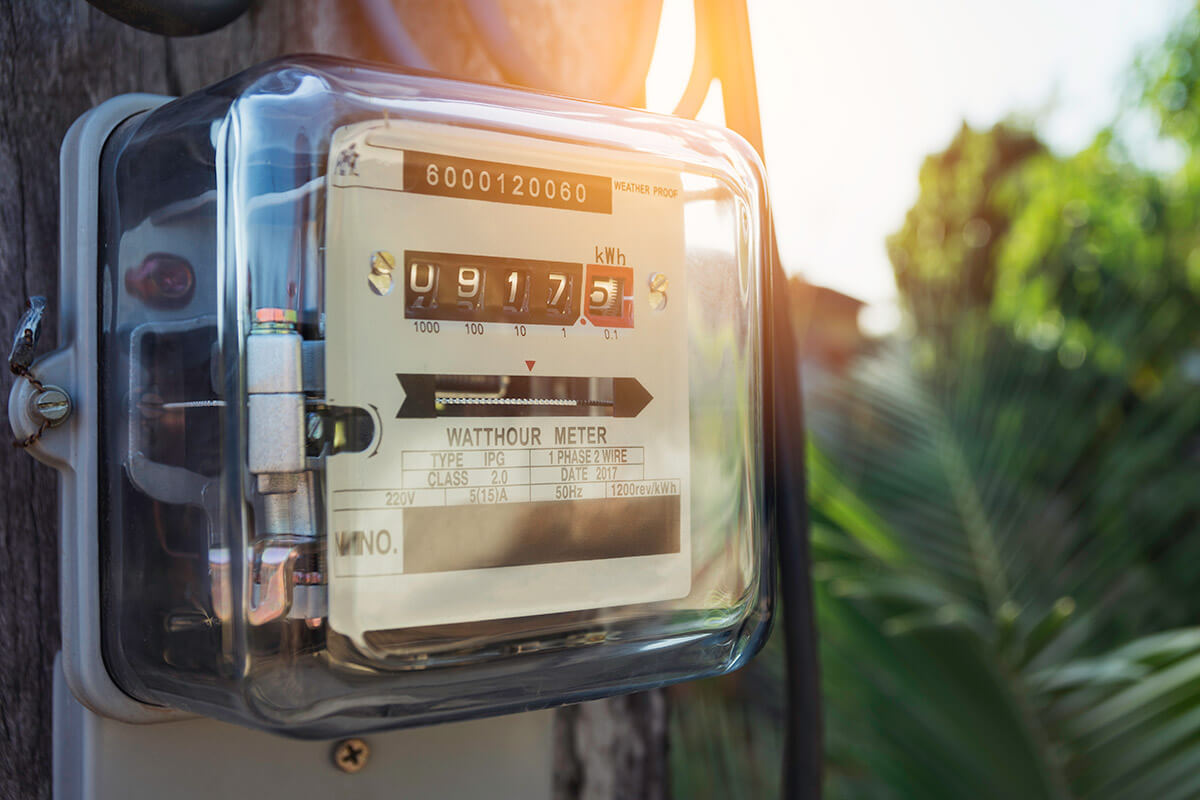How Often Should You Get an Electrical Inspection Done?
Electrical inspections are generally recommended every 3 to 5 years. However, the frequency can depend on several factors, including:
- Age of the Building: Older buildings may require more frequent inspections due to aging wiring and infrastructure.
- Type of Property: Commercial properties, especially those in industries with heavy electrical usage, might need more frequent inspections.
- Changes in Electrical Load: If there have been significant changes in the electrical load, such as new equipment or systems, an inspection may be necessary to ensure the system can handle the increased demand.
For all of your electrical inspection needs contact Vetter’s Electric, serving the greater Forest Lake, MN area.
Regular inspections are crucial for identifying potential issues with circuit breakers, wiring, and electrical installations that could lead to hazards like electrical fires. Homeowners and property managers should schedule these inspections with licensed electrical inspectors to maintain safety and compliance with fire safety standards.
What Are The Benefits of Electrical Inspection?
Electrical inspections play a vital role in maintaining the safety, efficiency, and longevity of electrical systems in both residential and commercial properties. Here are the key benefits of conducting regular electrical inspections:
- Ensures Safety: One of the primary benefits of an electrical inspection is enhancing safety. It helps to identify potential risks such as faulty wiring, outdated systems, or improper installations that could lead to electrical shocks or fires. By ensuring all electrical components meet current safety standards, inspections significantly reduce the likelihood of dangerous incidents.
- Prevents Costly Repairs: Regular electrical inspections can catch minor issues before they turn into major, costly problems. Early detection of potential electrical faults means that they can be repaired promptly, preventing more extensive damage and saving on expensive repairs down the line.
- Promotes Energy Efficiency: Inspections often reveal inefficient appliances or systems that consume more energy than necessary. By addressing these inefficiencies, property owners can reduce energy consumption, resulting in lower utility bills and a smaller carbon footprint.
- Better Equipment Reliability: Regular inspections ensure that all electrical equipment and systems function correctly. This reliability is crucial in commercial settings where downtime can lead to significant productivity losses. Inspections help maintain continuous operation and minimize disruptions.
- Excellent Cost-Effectiveness: Investing in regular electrical inspections can be highly cost-effective. They help avoid the costs associated with large-scale repairs, reduce energy expenses, and prevent potential fines for non-compliance with safety codes.
- Extended Equipment Life Span: Identifying and fixing electrical issues early can extend the life span of appliances and systems. Proper maintenance and timely repairs prevent premature wear and tear, ensuring that equipment lasts longer.
- Maintains Compliance: Electrical inspections verify that all electrical installations and modifications comply with local and national electrical codes and standards. This compliance is essential to avoid legal issues, fines, and potential shutdowns.
- Increases Environmental Benefits: By promoting energy efficiency, electrical inspections contribute to environmental conservation efforts. Reducing energy consumption lessens the demand on natural resources and decreases greenhouse gas emissions.
Types of Electrical Inspection
There are several types of electrical inspections, each serving a specific purpose:
- Initial Inspections: Conducted before a new electrical system is put into service, ensuring all components are properly installed and meet safety standards.
- Routine Inspections: Regular checks for ongoing maintenance, typically every 3 to 5 years, to ensure systems remain safe and efficient.
- Special Inspections: Required after modifications, upgrades, or to diagnose specific issues. These inspections assess the impact of changes and ensure continued compliance with safety codes.
For all of your electrical inspection needs contact Vetter’s Electric, serving the greater Forest Lake, MN area.



